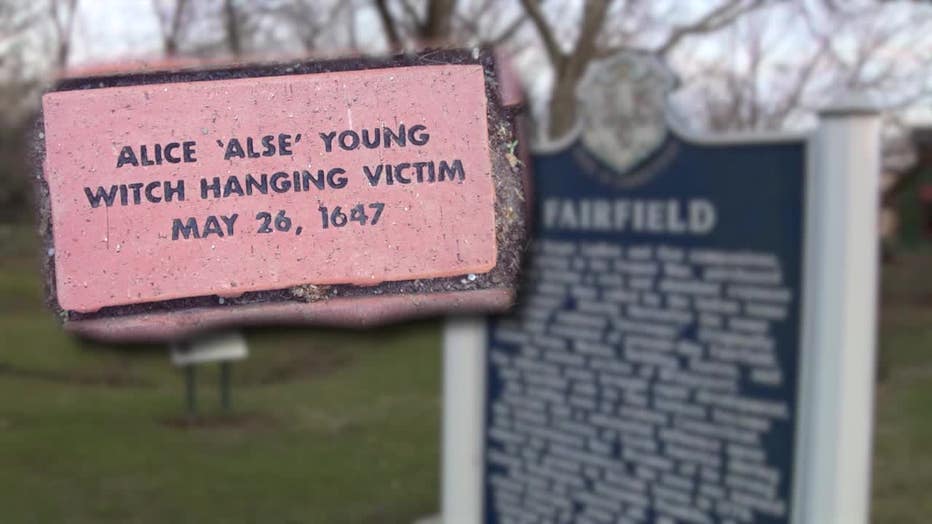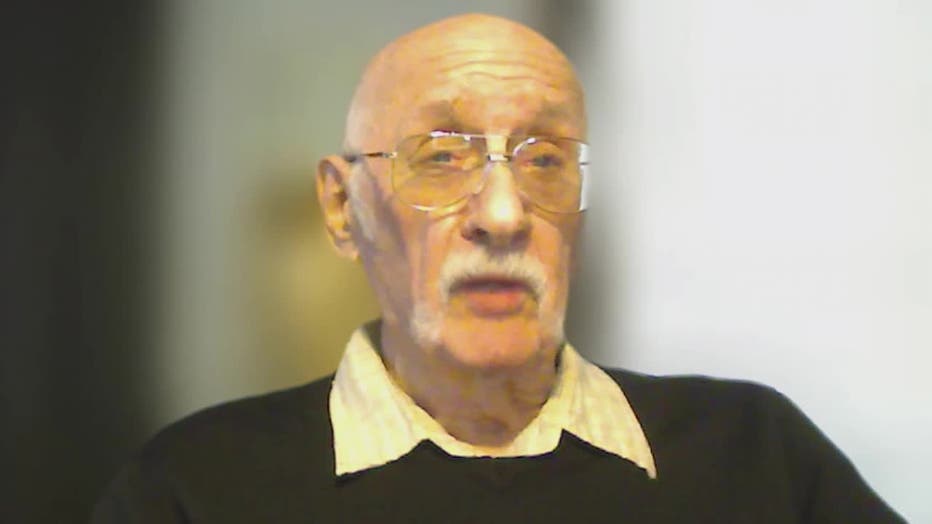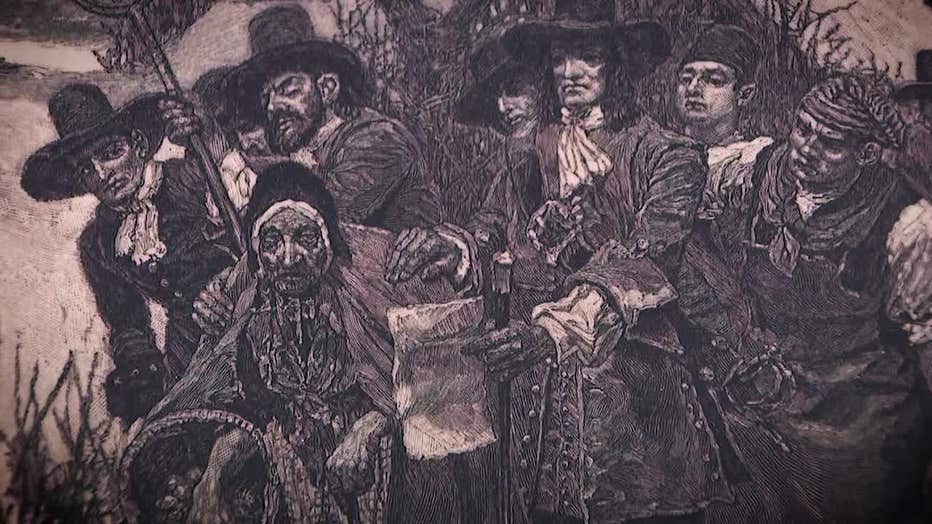Descendants push to exonerate Connecticut women accused of 'witchcraft' in the 1600s

Connecticut considers exonerating women accused of 'witchcraft' in the 1600s
There is a renewed effort in Connecticut to bring justice to the women who were falsely accused of being witches over 300 years ago.
CONNECTICUT - Witch trials are closely associated with Salem, Massachusetts, but it wasn't the only area where supposed witches were killed.
It was nearly 400 years ago when women in Connecticut who were feared to be witches were hanged or drowned.
The deaths took place over a period of years. Among the women was Alice 'Alse' Young, who was hanged on May 26, 1647. Lydia Gilbert, another victim, was hanged in December 1654.

Sara Jack
Sara Jack is one of the dozens of descendants who are attempting to exonerate the women. Her 9th great-grandmother was accused of being a witch.
She hosts a podcast called "Thou Shalt Not Suffer" which centers on witch trials.
"They were heroes, mothers, grandmothers, sisters, aunts, just like we have today," Jack says.
She wants Connecticut lawmakers to clear the names of the women who were killed.

Women in Connecticut who were feared to be witches were hanged or drowned.
"There were a lot of trials happening in Connecticut colony," Jack says. "These individuals have never been cleared. And we know, for certain, that none of them were covenanting with the devil or Satan."
Get breaking news alerts in the free FOX5NY News app! | Sign up for FOX 5 email newsletters
A lot of the women who were targeted were single. They faced different claims, from causing a flu outbreak to a child's death or one as bizarre as being blamed for butter being churned.

Tony Griego
Tony Griego is an amateur historian.
"During that period, people lived in fear. They lived under a theocratic government that took their laws from the bible," Griego says. "They weren't familiar with what we call today, germs that could come through and cause illness for people and cause them to die."
This isn't the first time relatives of accused witches have attempted to have them exonerated. Efforts in 2008 and 2009 failed.
"We want the state to acknowledge the injustice of the witchcraft accusations and the trials," Jack says. "We want them to recognize the innocence of all of those who were accused."

Connecticut witch trials
Connecticut’s witch trials were carried out in the mid-to-late 1600s. At the time, witchcraft was considered a capital offense in the New England colonies.
Connecticut state Rep. Jane Garibay proposed an exoneration resolution after being contacted by the relatives of accused witches.
Connecticut state Sen. Saud Anwar also proposed an exoneration resolution. His resolution was referred to the Joint Committee on Judiciary.

